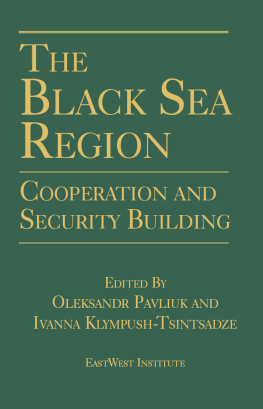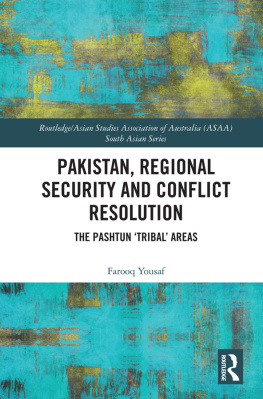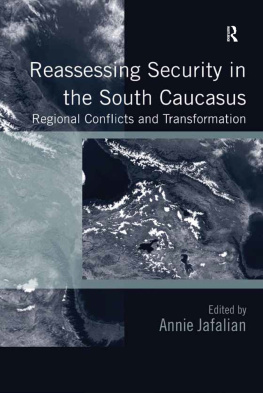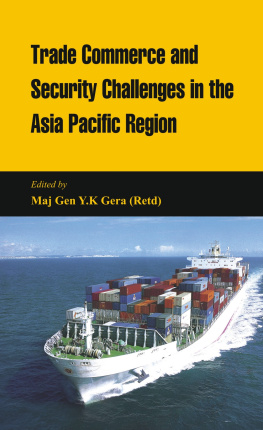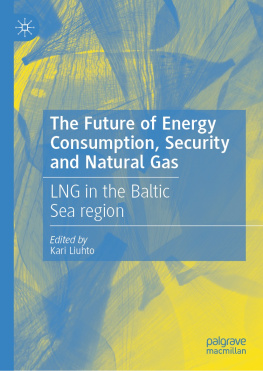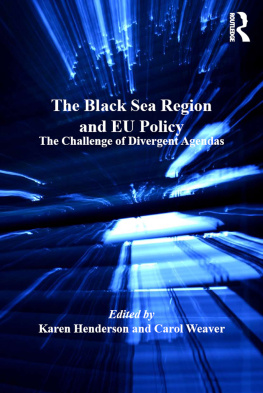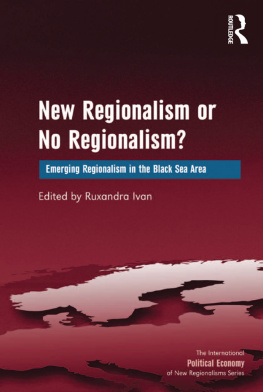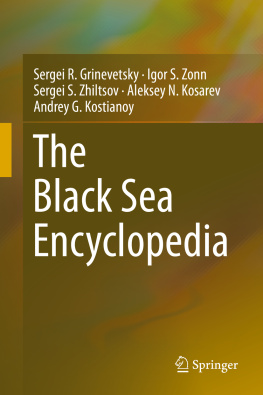
THE
BLACK SEA
REGION
Also Available
BUILDING SECURITY IN THE NEW STATES OF RUSSIA
Subregional Cooperation in the Former Soviet Space
Edited by Renata Dwan and Oleksandr Pavliuk
BUILDING SECURITY IN EUROPES NEW BORDERLANDS
Subregional Cooperation in the Wider Europe
Edited by Renata Dwan
A project of the EastWest Institute
The EastWest Institute is an independent, not-for-profit, international institution working to address the most dangerous fault lines of the twenty-first century and to help build fair, prosperous and peaceful civil societies in those areas. Since 1981, we operate long-term projects that create trust and understanding and seek to reduce tensions from Eurasia to the trans-Atlantic region using our unique network of private and public sector leaders in more than 40 nations. Our initial mission was devoted to reducing the hositilities of the Cold War. EWI currently implements programs in Southeastern Europe, Ukraine, Russia, and Central Eurasia (the three Caucasus and five Central Asian countries). Our Centres are in New York, Brussels, Prague, Belgrade, Kyiv, and Moscow.
For more information, please contact us at:
EastWest Institute
700 Broadway, Second Floor
New York, NY 10003
Tel (212) 824-4100, Fax (212) 824-4149
Website: http://www.ewi.info
E-mail: newyork@ewi.info
THE
BLACK SEA
REGION
COOPERATION AND SECURITY BUILDING
EDITED BY
OLEKSANDR PAVLIUK AND IVANNA KLYMPUSH-TSINTSADZE

First published 2004 by M.E. Sharpe
Published 2015 by Routledge
2 Park Square, Milton Park, Abingdon, Oxon OX14 4RN
711 Third Avenue, New York, NY 10017, USA
Routledge is an imprint of the Taylor & Francis Group, an informa business
Copyright 2004 Taylor & Francis. All rights reserved.
No part of this book may be reprinted or reproduced or utilised in any form or by any electronic, mechanical, or other means, now known or hereafter invented, including photocopying and recording, or in any information storage or retrieval system, without permission in writing from the publishers.
Notices
No responsibility is assumed by the publisher for any injury and/or damage to persons or property as a matter of products liability, negligence or otherwi se, or from any use of operation of any methods, products, instructions or ide as contained in the material herein.
Practitioners and researchers must always rely on their own experience and knowledge in evaluating and using any information, methods, compounds, or experiments described herein. In using such information or methods they should be mindful of their own safety and the safety of others, including parties for whom they have a professional responsibility.
Product or corporate names may be trademarks or registered trademarks, and are used only for identification and explanation without intent to infringe.
Library of Congress Cataloging-in-Publication Data
The Black Sea region : cooperation and security building / edited by Oleksandr Pavliuk and Ivanna Klympush-Tsintsadze.
p. cm.
ISBN 0-7656-1225-9 (alk. paper)
1. National securityBlack Sea Region. 2. Black Sea RegionPolitics and government20th century. I. Pavliuk, Oleksandr. II. Klympush-Tsintsadze, Ivanna. III. EastWest Institute.
DJK66 .B58 2003
355.0331822dc22
2003015289
ISBN 13: 9780765612250 (hbk)
Contents
Oleksandr Pavliuk
Charles King
Ivanna Klympush-Tsintsadze
Arkady Moshes
Roy Allison
A. Necdet Pamir
Andrzej Karkoszka
Hryhoriy Perepelytsya
Leonid Polyakov
James Sherr
Sergiu Celac
Oleksandr Pavliuk
This volume is the concluding product of a two-year research and policy-forming project, The Black Sea Strategy Group: Strengthening Cooperation, Security and Stability in the Black Sea Region, run by the EastWest Institute (EWI). The project became possible thanks to generous support from the Carnegie Corporation of New York, to which the EWI is grateful.
The goal of this project was to provide an unofficial regional framework for discussing and assessing the conflict potential and security challenges facing the Black Sea region with a view to identifying obstacles to regional security and cooperation and suggesting possible solutions that could be given further attention in official circles. The terrorist attacks of September 11, 2001, which took place during the project implementation, sharpened our comprehension of the close link between global and regional security and added urgency to the necessity of consolidating the nascent cooperation process in the Black Sea region and strengthening regional security and stability.
In the course of two years a series of six meetings of the Black Sea Strategy Group (BSSG) were convened across the Black Sea region (in Bucharest, Baku, Sofia, Istanbul, Athens, and Kyiv, often in partnerships with local think tanks and NGOs). Participants in these meetings discussed security issues in the region and their impact on regional stability and the process of regional cooperation and region-building. These meetings brought together dozens of peoplepoliticians, officials, private sector representatives, leading academics and researchers from all member-countries of the organization of the Black Sea Economic Cooperation (BSEC), as well as from beyond the region. It was indeed a collaborative effort, and the project owes its results and achievements to all participants, and their openness and willingness to share their knowledge and expertise. Their opinions and perspectives greatly benefited the project and more broadly, the policy debate in the Black Sea region. The EWI and the editors of this volume wish to thank all partners in this project and participants in the meetings, especially those composing the core of the BSSG.
Through dialogue and interaction during the projects entire duration, through regular meeting reports and occasional policy briefs, the project has raised awareness among players within and outside the region of security challenges in the Black Sea area and of the need for further efforts, including via the existing mechanisms of regional cooperation, to approach and address those challenges. An important and encouraging development, which reflects the deliberations and recommendations of the BSSG, is the recent decision of the Meeting of the Council of Ministers of Foreign Affairs of the BSEC Member States to consider ways and means of enhancing the contribution of the BSEC to strengthen security and stability in the region, and to create for that purpose an ad hoc Study Group including representatives from all BSEC member states.
The contributors to this book were active participants in the project, many of them constituting the core of the BSSG. The editors would like to thank the authors for their commitment and effort. We are also grateful to Vasil Hudak, Hannu Himmanen, John Tedstrom, and Andrei Zagorski for their involvement and support at various stages of the project implementation. We appreciate the work and patience of Kennie Lyman, who did the technical editing. We also wish to thank Kristie Evenson and Rebecca Weaver from the EWI for their assistance in editing this volume. The contents of this book, however, are solely the responsibility of the editors and the authors. They do not necessarily reflect the views of the EastWest Institute or of the Carnegie Corporation of New York.
Next page
